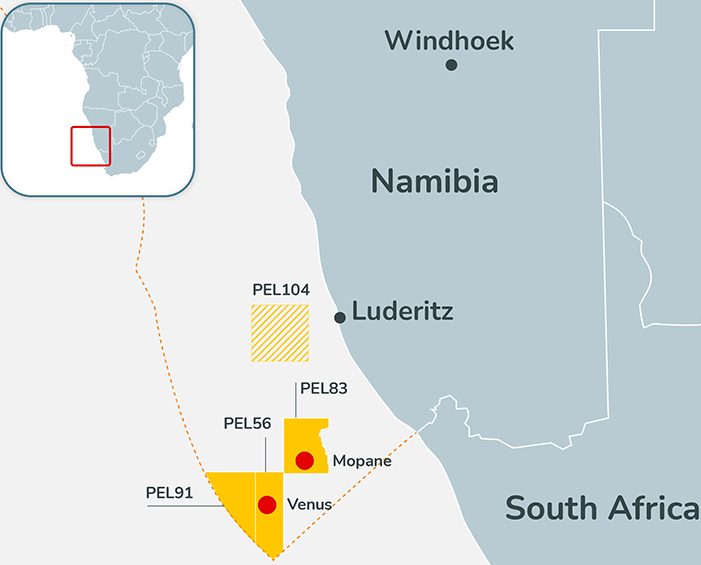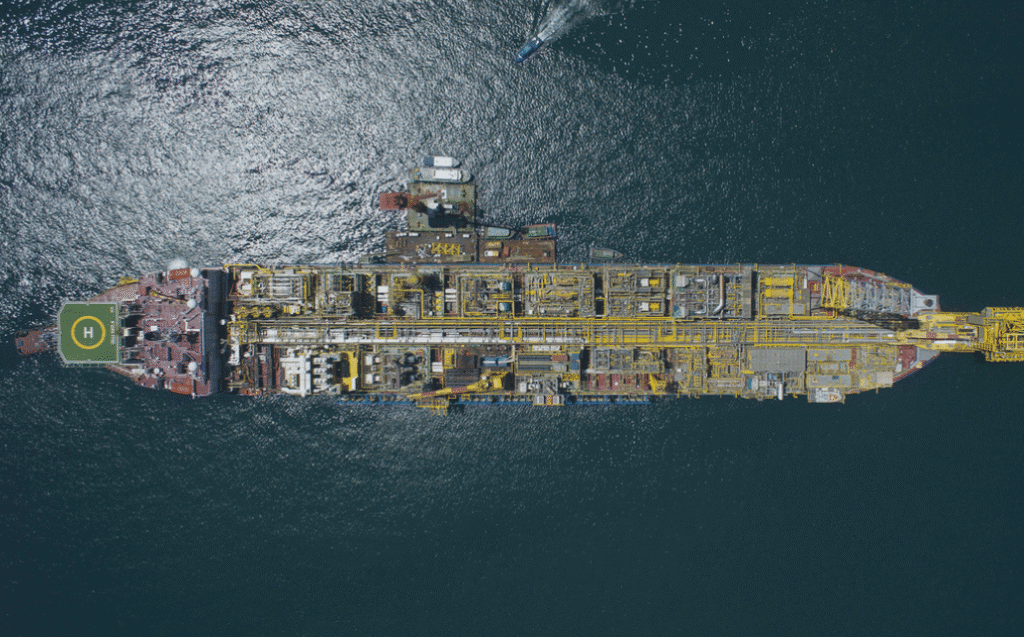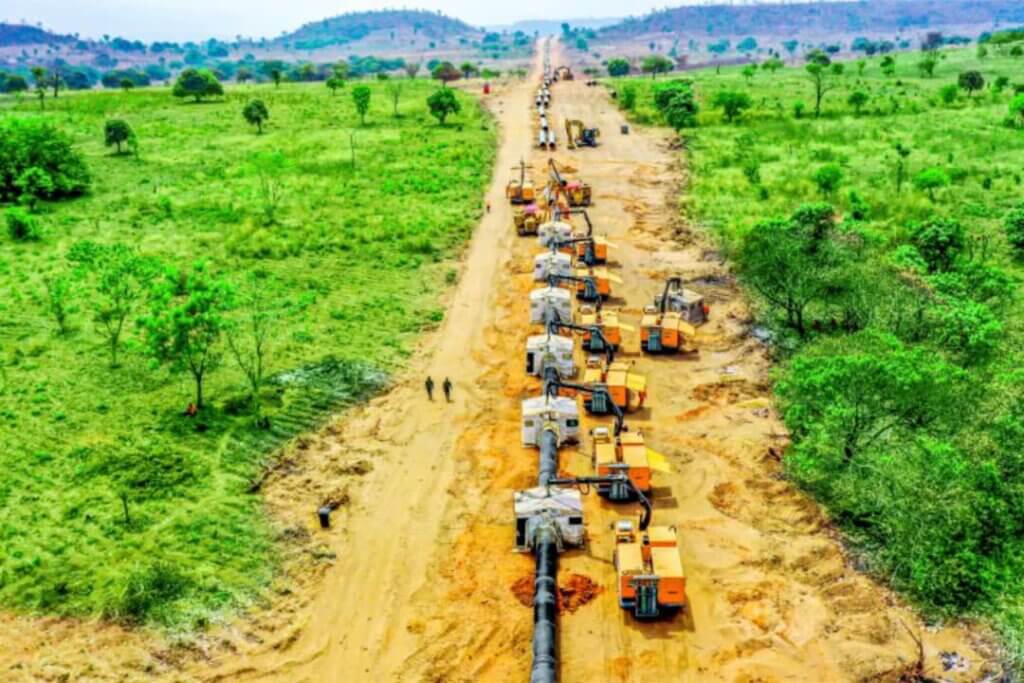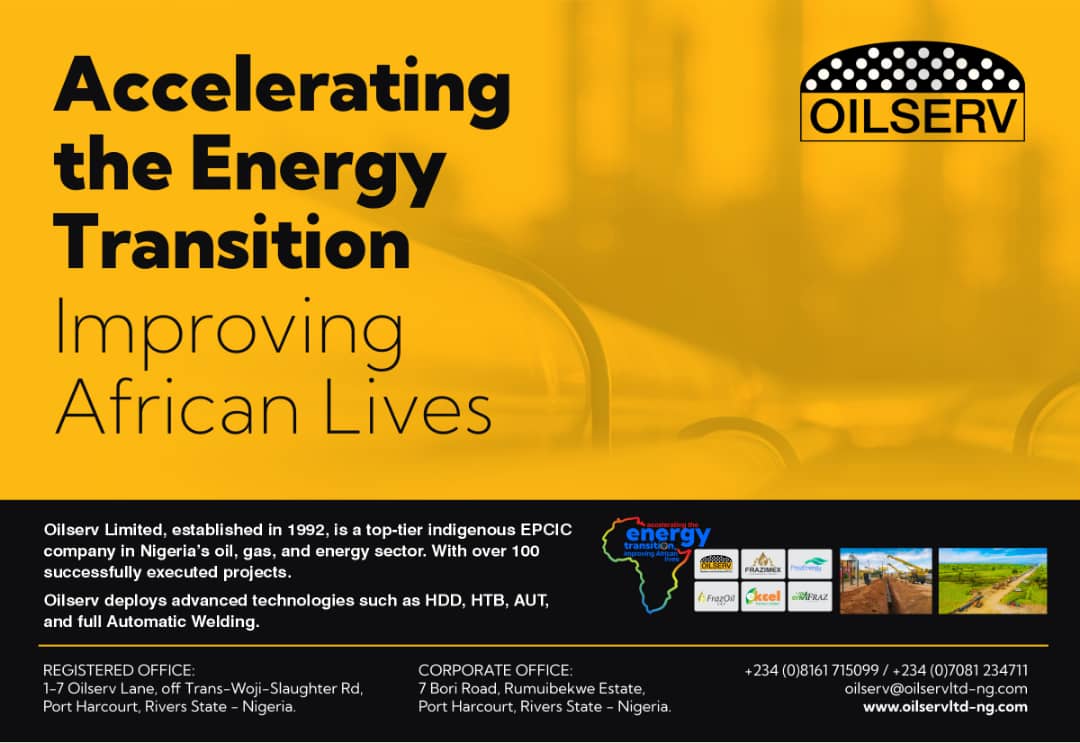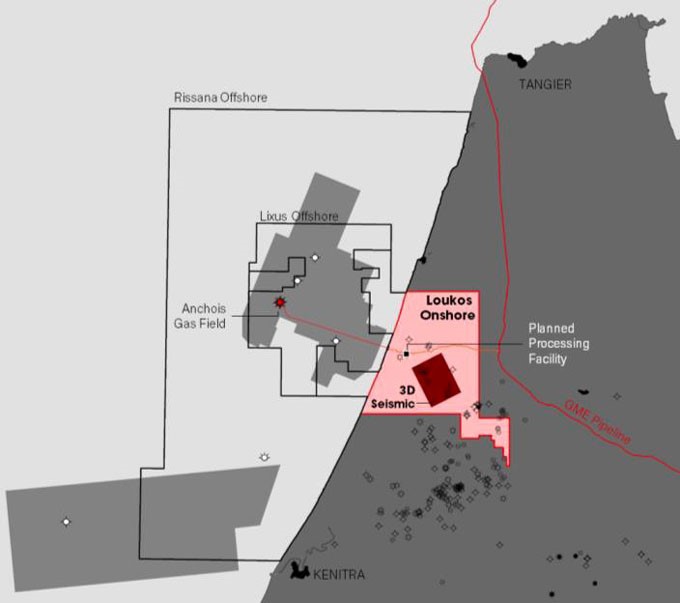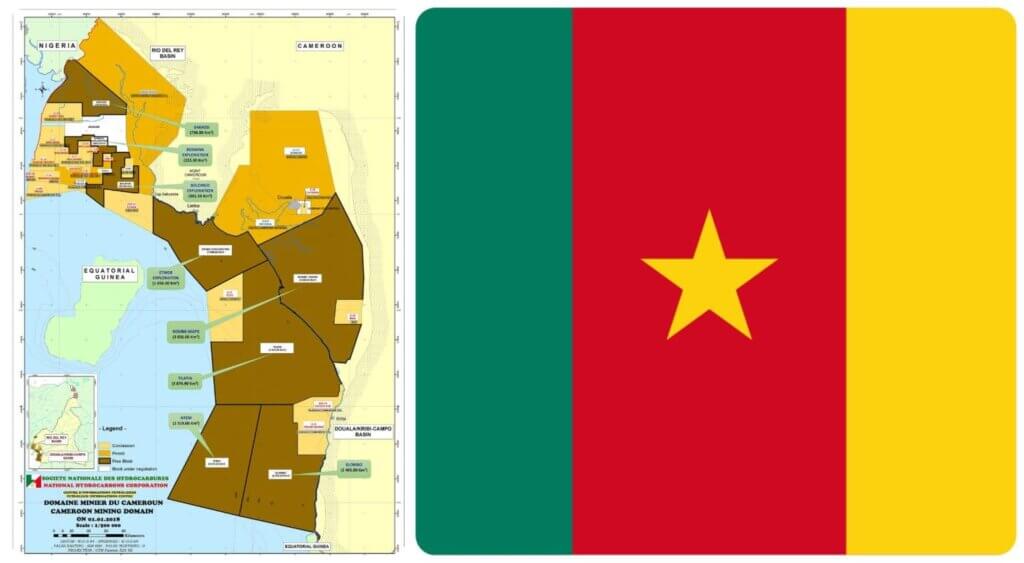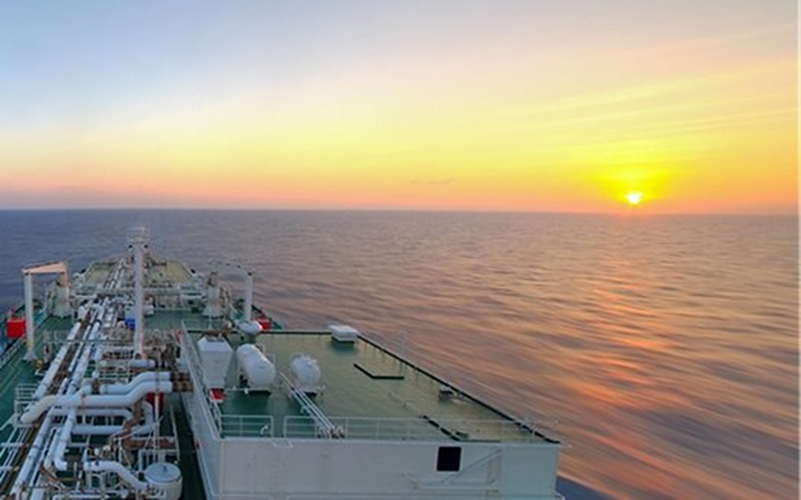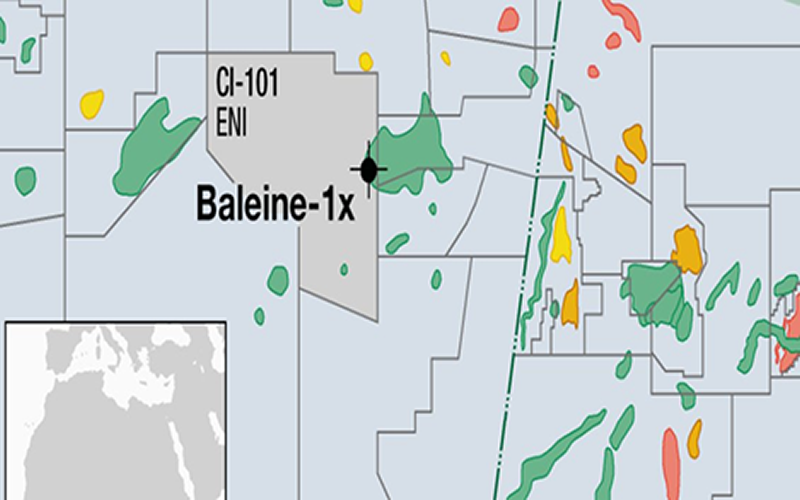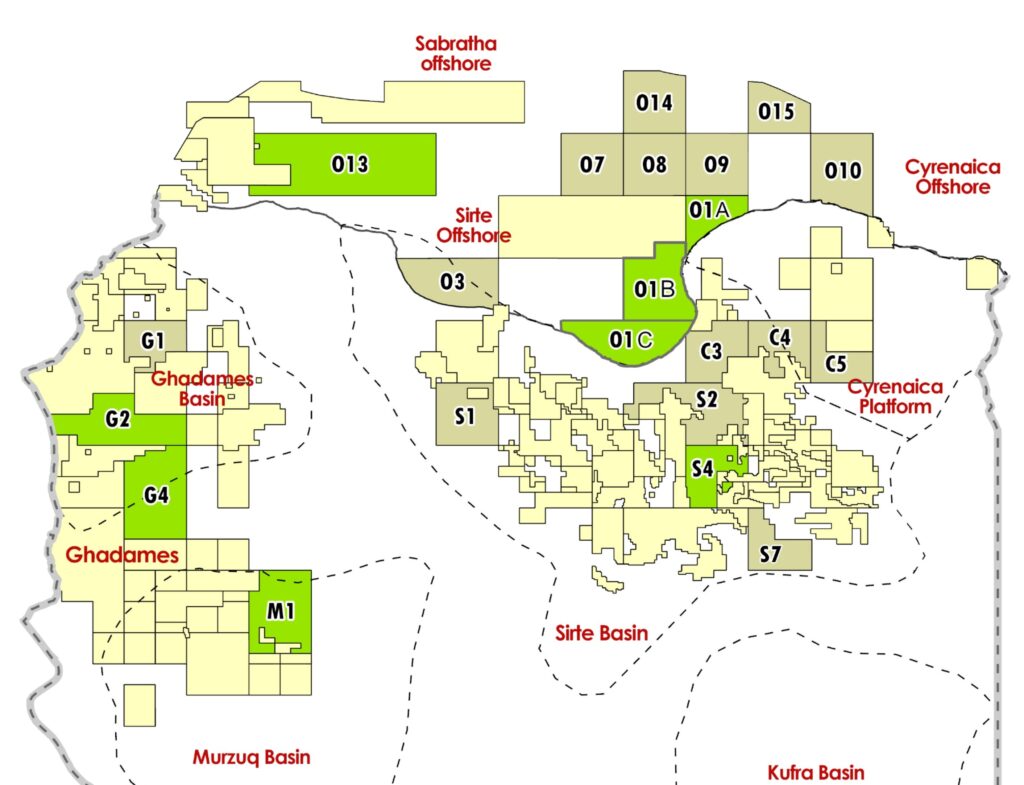
The administration of U.S. President Donald Trump on Monday proposed rolling back Biden-era limits on oil and gas drilling in an Alaska area that is the nation’s largest tract of undisturbed public land.
The move is consistent with Trump’s goal to slash regulations for oil and gas development and increase domestic fuels production as part of his energy agenda.
Make sense of the latest ESG trends affecting companies and governments with the Reuters Sustainable Switch newsletter. Sign up here.
The rule, finalized by the administration of former President Joe Biden last year, prohibited oil and gas leasing, opens new tab on 10.6 million acres (4.3 million hectares) of the National Petroleum Reserve in Alaska, while limiting development on more than 2 million additional acres (809,000 hectares).
The NPR-A, as it is known, is a 23-million-acre (9.3 million hectares) area on Alaska’s North Slope that was set aside in 1923 as an emergency oil supply for the U.S. Navy. The land was opened to commercial development in the 1970s and is now managed by the Interior Department’s Bureau of Land Management.
The Interior Department said the Biden-era rule was inconsistent with the 1976 Naval Petroleum Reserves Production Act, which authorized oil and gas leasing in the area.
“Congress was clear: the National Petroleum Reserve in Alaska was set aside to support America’s energy security through responsible development,” Interior Secretary Doug Burgum said in a statement. “The 2024 rule ignored that mandate, prioritizing obstruction over production and undermining our ability to harness domestic resources at a time when American energy independence has never been more critical.”
The Biden administration’s Interior Department last April finalized the regulation to block oil and gas development on 40% of Alaska’s National Petroleum Preserve to protect habitats for polar bears, caribou and other wildlife and the way of life of Indigenous communities, it had said at the time.
Environmental groups had praised the Biden rule for protecting habitats and cultural resources, but Alaska state officials said the restrictions would cost jobs and make the U.S. reliant on foreign resources.
Alaska’s North Slope accounts for just over 3% of U.S. oil production, according to the U.S. Energy Information Administration.
(Reuters)



























